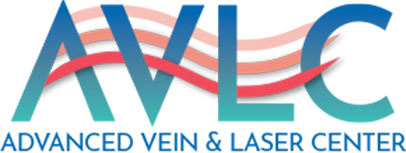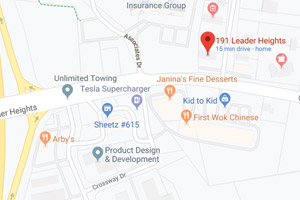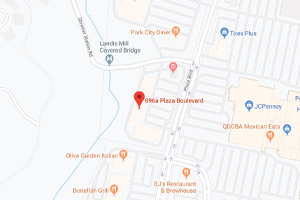Blood Clots Specialists
Vein Specialists & Vascular Surgeons
Blood Clots Specialists
Vein Specialists & Vascular Surgeons
AVLC Blood Clots Treatments
AVLC Blood Clots Treatments
If you have vascular health issues, your risk of developing blood clots in your legs increases. At Advanced Vein & Laser Center, which has locations in York and Lancaster, Pennsylvania, Steven Heird, MD, FACS, and David Winand, MD, FACS, offer diagnosis and treatments for blood clots in both your deep and superficial veins. Call or schedule an appointment online today to get the help you need to improve your vascular health.
If you have vascular health issues, your risk of developing blood clots in your legs increases. At Advanced Vein & Laser Center, which has locations in York and Lancaster, Pennsylvania, Steven Heird, MD, FACS, and David Winand, MD, FACS, offer diagnosis and treatments for blood clots in both your deep and superficial veins. Call or schedule an appointment online today to get the help you need to improve your vascular health.
Blood Clots Q & A
Blood Clots Q & A
What are blood clots?
Blood clots are clumps of platelets — the solid components of your blood — that form when your body has an injury or when your circulatory system doesn’t move blood efficiently. Blood clots form to prevent excessive bleeding following an injury. Eventually, as your body heals, the clot dissolves, and your blood flow returns to normal. However, clots can also form in your arteries and veins when your blood doesn’t move efficiently.
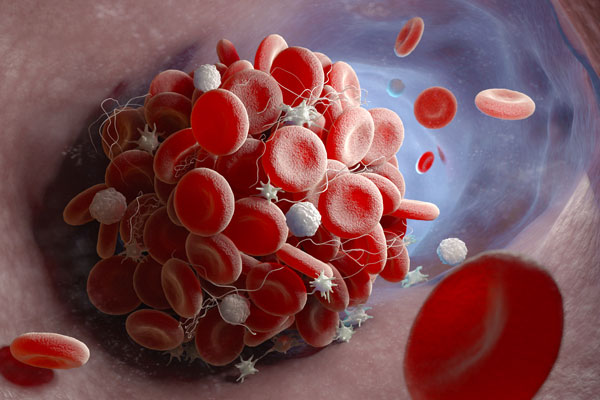
Why do blood clots form in my veins?
When your blood isn’t flowing through the veins in your legs efficiently, it can pool. These internal pools of blood can cause your platelets to stick together and form a gelatinous clot. When a clot forms in your vein, it may stay in place and disrupt your circulation. However, if the clot dislodges and travels through your veins back to your heart, it can cause severe health issues including stroke.
What are the symptoms of a blood clot in my veins?
Blood clot symptoms vary, depending on the size of your clot. Some symptoms include:
- Swelling
- Red skin
- Pain
- Tenderness to touch
However, it’s also possible that you won’t experience any symptoms at all.
How are blood clots diagnosed?
The doctors at AVLC use ultrasound imaging to examine the veins in your legs. The test sends sound waves into your body, and as these sound waves bounce back, they create an image of your internal tissues and organs. Your doctor examines the images on a video screen and looks for signs of blood clots and other issues that can disrupt your circulation.How are blood clots treated?
The doctors at AVLC provide customized treatments to address blood clots. In most cases, they prescribe a blood thinner such as heparin or Coumadin®. These medications don’t dissolve your blood clot, but they do prevent the clot from getting larger or other clots from forming. The doctors can also prescribe medication to break up your clot, if necessary. In cases where your doctor prescribes medicine to dissolve your clot, they may also place a filter in one of the large veins in your abdomen like the vena cava as a preventive measure to prevent clots from traveling to your heart and lungs. If you’re concerned about your vascular health and are experiencing symptoms that could indicate a blood clot, call Advanced Vein & Laser Center or schedule an appointment online today.Schedule your consultation today
Schedule your consultation today
Choose your preferred office location:
What our patients are saying
What our patients are saying
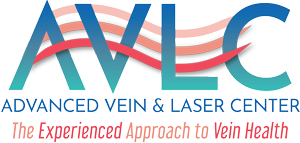
Useful Links
Towards Healthy Life
About us
treatments offered
Patient Resources
Contact Us
Request a consultation
Career Opportunities
